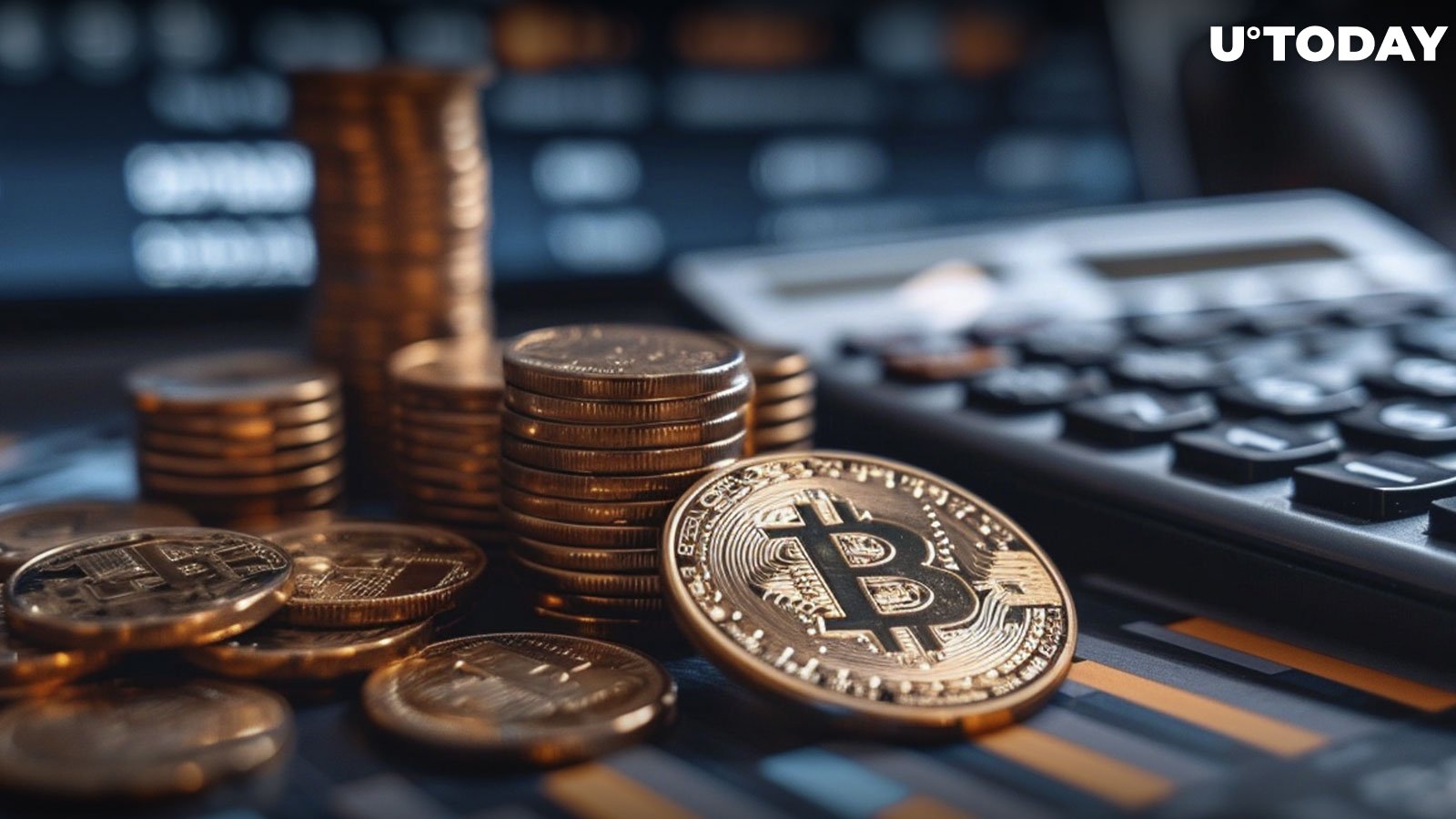UK economy stages remarkable recovery post-recession
The UK economy is picking up speed faster than anyone expected, kicking off the second quarter with the strongest growth private sector firms have seen in nearly a year. This rebound seems to have caught many off-guard but shows promising signs for economic stability.
Accelerated Economic Growth
In April, S&P Global reported that the UK’s Purchasing Managers’ Index (PMI), a critical economic indicator, rose to 54, marking an 11-month high. This leap from the previous month’s 52.8 overshadows expectations which were pegged at 52.6. A PMI above 50 indicates the economy is growing, which shows the UK is on the right track, driven mainly by the services sector despite a slowdown in manufacturing.

Firms have been on a hiring spree, increasing employment at the fastest rate in nine months. However, they’re also feeling the heat from rising costs, the biggest of which come from a huge increase in staff wages following a nearly 10% rise in the minimum wage that started in April.
This uptick in wages might be good news for workers but it poses a challenge for the Bank of England, which fears that these cost pressures could complicate efforts to keep inflation in check.
Currently, the economy is delicately balanced as it tries to maintain growth while managing inflation, which hovers near the desired 2% target. However, rapid wage growth coupled with strong economic performance suggests the battle against inflation is far from over.
Market Reactions and Inflation Challenges
Recent shifts in market sentiment have seen a delay in expectations for interest rate hikes by the Bank of England (BOE), reflecting concerns that the UK could face inflation pressures akin to those experienced in the US. Despite these fears, the outlook remains optimistic with the market fully expecting a cut in borrowing costs by August, followed by another reduction before the year’s end.
While businesses and consumers are spending more, which is great for growth, the cost of living and a general lack of confidence are still dampening the full potential of this recovery. S&P Global has noted that economic growth, while steady, faces these persistent hurdles, with growth estimated at 0.4% on a quarterly basis, a slight increase from 0.3% in the previous quarter.
Interestingly, the UK’s recent uptick in public spending is causing some to draw comparisons with France rather than the US, according to Indermit Gill, the World Bank’s chief economist. He highlighted that the UK’s governmental expenditure as a percentage of GDP looks more like that of France. Before the pandemic, the UK’s public spending was 38% of GDP, but this surged to nearly 50% during the pandemic’s peak.
Public Spending and Economic Consequences
This shift is not without its consequences. The increase in public spending has led to a notable slowdown in economic growth, making the UK appear more aligned with European models of governance. Such spending levels, although reduced from their pandemic peak, remain historically high and are contributing to record levels of taxation as the government struggles to manage its borrowing.
Furthermore, the UK has faced several economic shocks that necessitated increased public spending. The Russian invasion of Ukraine, for instance, forced the government to allocate around £78 billion for an energy support package to help manage skyrocketing energy prices and support low-income households.
The pandemic itself was a massive financial burden, with pandemic-related support measures costing the UK approximately £311 billion, according to the UK’s Office for Budget Responsibility.





